Completed international projects
FitBack4Literacy

The FitBack4Literacy (2023–2025) project built upon the European FitBack network (described below) by developing a free, multilingual digital handbook specifically for teachers and coaches. The project's goal was to encourage the use of physical fitness monitoring to improve children's and adolescents' physical literacy. In collaboration with ten European partners and international associations, this project aimed to reduce the stigma associated with physical fitness measurements, strengthen professional expertise, and contribute to the long-term health outcomes of young people. The project was coordinated by the University of Ljubljana and funded by the Erasmus+: Sport program.
FitBack

The Faculty of Sport served as the lead partner in the international project FitBack, which included the active participation of 10 European countries. The project's main goal was to create a multilingual online platform that provided personalised feedback on various components of physical fitness. The platform was designed for individuals in mind, but it also contains key data and guidelines for establishing a national, regional, or local system of monitoring the physical fitness of children and adolescents using ground-up and bottom-down approaches. This European network has allowed for the review of population trends and the evaluation of the effectiveness of policies and interventions regarding childhood physical fitness and overall health measures.
DE PASS

DE-PASS aims to shed light on why individuals and/or societies adopt an active or inactive lifestyle. Although researchers have thusfar invested extensive energy into answering why people remain inactive, the knowledge gained, and impact achieved, continue to be fragmented, not easily translatable to the general public, and progress beyond the state of the art has been slow. The DE-PASS project focuses on identifying, understanding, and measuring the determinants that promote, sustain, or inhibit physical activity behavior throughout the lifespan and across different settings. It then translates this knowledge to help policymakers achieve a greater impact on health of the population.
You can find more information at: Home • DE-PASS | COST ACTION CA19101 (depass.eu)
PhysED-Academy (2022 - 2025) - Supporting PE teachers to increase the quality and attractiveness of their profession and to improve the health of young people
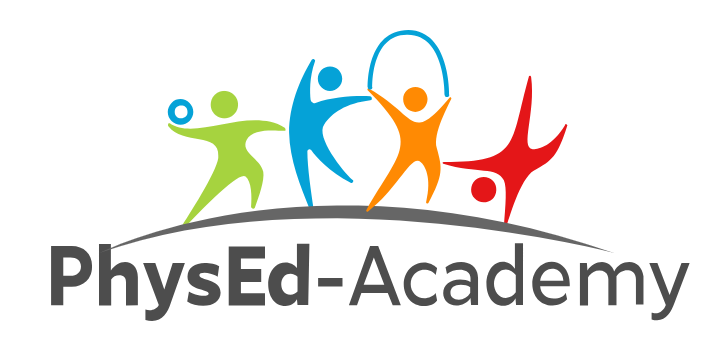
The PhysEd-Academy project is an international partnership aimed at improving the quality of physical education and the training of PE teachers. By developing innovative teaching approaches and transferring novel knowledge to the end users, this project seeks to empower PE teachers to more effectively educate children and youth on fostering and maintaining a healthy and active lifestyle. Partners from across Europe, including the Faculty of Sport at the University of Ljubljana, are testing new teaching methods in both initial trainings and continuous professional development programs. The goal is to increase the positive impact physical education plays on general public health, and thereby reduce physical inactivity by 2030.
QualiTePE (2022 - 2024) - Quality of Physical Education Teaching

The QualiTePE (2022–2024) project is an Erasmus+ KA2 project that aims to develop a shared European understanding of high-quality physical education (PE) teaching. Experts from ten countries created a new framework to define key dimensions and characteristics of good-quality teaching. Using a Delphi method, the teamsdefined criteria, designed a digital evaluation tool, and enabled the standardization of teacher training through this programme. These steps were completed to ultimately increase the quality of PE across Europe in the long term. Additionally, within the scope of this study, QualiTePE evaluated existing interventions, including the Slovenian "Healthy Lifestyle" intervention, and explored the possibility of implementing this kind of programme in other countries.
STOP
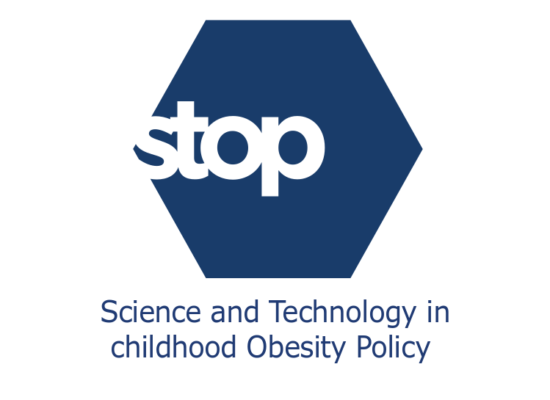
The STOP project was a four-year Horizon 2020 project. It created an environment for timely, thorough, and politically relevant actions to prevent childhood obesity in all European countries. The project also generated new, interdisciplinary evidence on the role of key environmental determinants of childhood obesity, based on analyses of multi-dimensional measurements from several child cohorts in the EU. At the same time, it assessed the impact of policies and measures addressing children's health and social issues on the prevalence of obesity in this population.
A systematic review of evidence on the effectiveness of obesity interventions in the areas of physical activity, physical fitness, and sedentary behavior was conducted. The project also evaluated existing policies for promoting active transport and urban planning to encourage physical activity, performing a case study on the Slovenian "Healthy Lifestyle" intervention, and STOP also assessed the possibilities of introducing interventions similar to it into other European countries.
Joy MVPA

Within the Enjoyable MVPA (Moderate to Vigorous Physical Activity) project, a series of movement games were created for children aged 11-14 years old. These games can be used in the gym or other spaces during physical education classes, movement breaks, and/or out-of-school sports programs.
To achieve the positive, health-related effects of physical activity, the games that were developed in this project were specifically designed to keep children engaged in higher intensity, moderate to vigorous physical activity. All children were more physically active in the games developed through Joy MVPA because they were well-organized and fun! The games continue to be available to teachers in the form of instructional materials, provided in both video and text formats.
CrowdHEALTH

Between 2017 and 2020, we the SLOfit team, along with 18 partners from various European countries and Taiwan, participated in the CrowdHEALTH project. This project focused on developing comprehensive health records that could integrate a wide range of individual health data—from clinical information (diagnoses, medications, genomics) to data on lifestyle, environment, physical activity, and social context. As part of the project, we created the Moj SLOfit platform, which connects data on the physical and motor development of children which are collected in a school setting each year. The Moj SLOfit platform allows for data supplementation, the forecasting of physical and motor development, and the assessment of health risks in children.
Eu-PALS
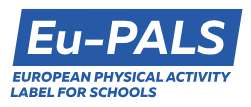
Between 2018 and 2019, SLOfit memberswere involved in the Eu-PALS project, where our team collaborated with other European partners to create a proposal for an evaluation system to monitor the quality of physical activity in European schools. The project was focused on establishing a European Physical Activity Label for schools, which would allow for the harmonised comparison and evaluation of school physical activity programs across the European Union. The goal of the project was to encourage more physical activity among students, both within regular classes, after-school activities, and school sports participation.
EUPASMOS
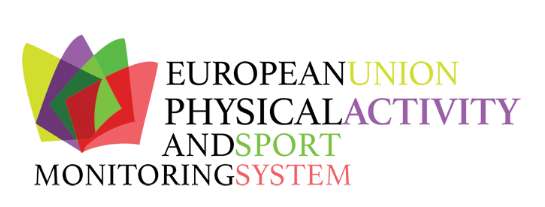
From 2018 to 2021, we collaborated with partners from across Europe on the EUPASMOS project. We studied the validity of established physical activity questionnaires with the goal of creating a monitoring system for adult physical activity and sports that will provide comparable, valid, and reliable data for EU member states. As part of this project, we gained significant experience in studying physical activity, which will be applied when developing future solutions for the Moj SLOfit application platform.
EuPEO
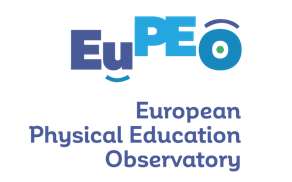
From 2018 to 2021, we participated in the EuPEO project, which aimed to establish a monitoring system for physical education and school sports in Europe—the European Physical Education Observatory. The purpose of this system was to bridge the gaps between recommendations, different concepts for monitoring and evaluating physical education and school sports, and various indicators. We plan to use the experience gained from this project to develop a self-evaluation tool for quality physical education, which could be integrated into the SLOfit system.
LET’S ENJOY HEALTH 
In 2016, we finished with cross-sectional project called Let’s Enjoy Health, funded by the Norweagian funds group. The goal of this project was to evaluate a model of cooperation between schools, primary health care centres and local communities to ensure supporting environment for healthy lifestyle, focused on PA and nutrition. Within this project the health-care prevention teams in local communities have been established. These teams included schoolteachers, led by the PE teachers, school physicians and representatives of local communities. The main actions of this project were: Identification of health-risk students by SLOfit (school) and medical examinations (health-care); according to diagnosis of student‘s fitness, health and social characteristics individual objectives were set and also school doctor set individual recommendations for physical exercise and diet for each students.
Special treatment for health-risk students, which included:
- additional lessons of PE in school; individualization based on the doctor‘s recommendations,
- nutritional workshops for students and their parents in school,
- programmes within health-care system (such as):
- adopted physical exercise with kinesiologist for students with motor-control problems,
- workshop for obese students,
- workshop with kinesiologist or physiotherapist for students with spine problems.
Another part of project were actions for ensuring more PA to all children. The following actions were performed in this regard:
- cooperation of PE teacher and physician regarding the excusing from PE (Jurak & Kovač, 2011a; Jurak & Kovač, 2011b),
- substitutions of phsician’s excuse with physician’s recommendations for exercising,
- minute for health (in some schools students are engaged in short physical activity breaks in classrooms already for decades),
- physical activity recess (in many schools one longer recess is devoted for variety of physical activities; in some schools PE teachers prepare special individual programmes for obese students for this time),
- designing school environment for more spontaneous PA of students.